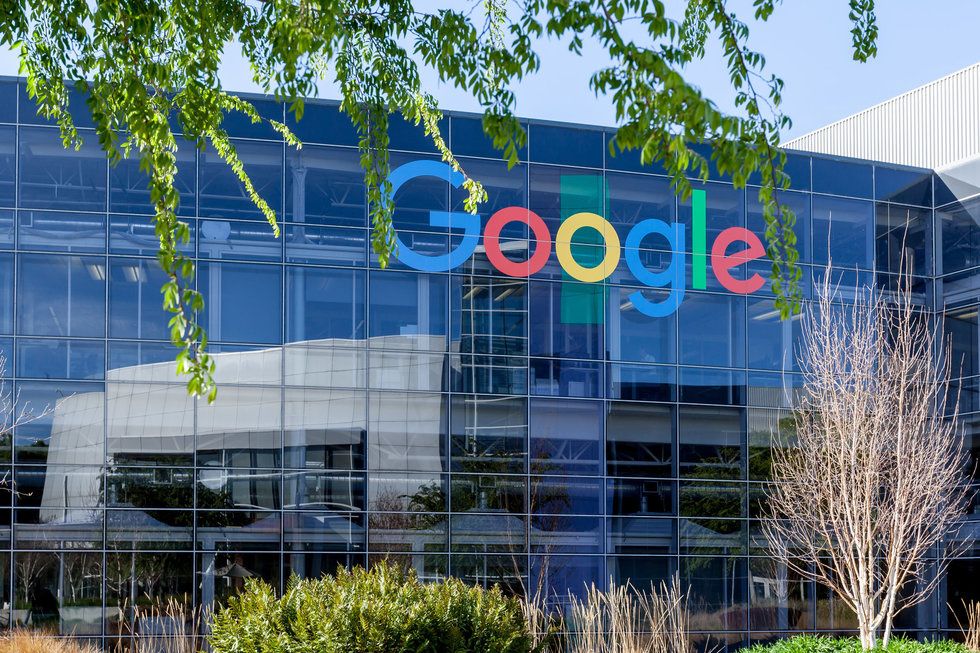Google takes new AI ethics council back to drawing board after staff backlash
Google closed a newly formed council intended to look at the ethics of artificial intelligence — just one week after starting the group. The company confirmed the decision late Thursday, April 4.
The Alphabet-owned company had set up the council in a bid to discuss the ethical implications of A.I. and other emerging technologies, like facial recognition, to look at the technology and its connection to issues including racial bias.
Read More:
- Portrait painted by AI sells for $432,500 - 40x the estimate
- What if Alexa had eyes and a body? It's closer than you think
- Hello, AI speaking: Google Duplex will identify it when it calls up humans
Google launched the council on March 26. Eight people will meet four times through 2019 to discuss topics such as how authoritarian states can use AI and whether Google should work on AI for military applications.
The council's formal name was the Advanced Technology External Advisory Council (ATEAC). At its launch, Google described it as a group that would "consider some of Google's most complex challenges that arise under our AI principles, like facial recognition and fairness in machine learning, providing diverse perspectives to inform our work."
Google had hoped the council's meetings would help inform its work and the broader technology industry. A report was due to be published summarizing discussions had by the eight-person council.
But just 10 days later, a note was added to Google's blog post, which was initially used to announce the council. The note reads: "It's become clear that in the current environment, ATEAC can't function as we wanted. So we're ending the council and going back to the drawing board."
Google added, "We'll continue to be responsible in our work on the important issues that AI raises and will find different ways to get outside opinions on these topics."
The company did not say why it had been forced to abandon the council, but a petition signed by almost 2,500 Google employees — published on Medium on April 1 — raised issues with council member Kay Coles James. The Medium post, written under the byline Googlers Against Transphobia, claimed that James is "vocally anti-trans, anti-LGBTQ, and anti-immigrant." The post points to tweets written by James on those subjects here, here, and here.
The post added: "In selecting James [for the council], Google is making clear that its version of 'ethics' values proximity to power over the wellbeing of trans people, other LGBTQ people, and immigrants. Such a position directly contravenes Google's stated values."
Further hampering the council's launch, a report by Vox points out that Dyan Gibbens, the chief executive of Trumbull Unmanned, a drone company, was included, which reopened divisions in Google over the use of AI technology in military applications.
Alessandro Acquisti then declined Google's invitation to join the council, saying on Twitter: "While I'm devoted to research grappling with key ethical issues of fairness, rights, and inclusion in AI, I don't believe this is the right forum for me to engage in this important work."(Check out The GearBrain, our smart home compatibility checker, to see the other compatible products that work with Google Home and Home Mini)
